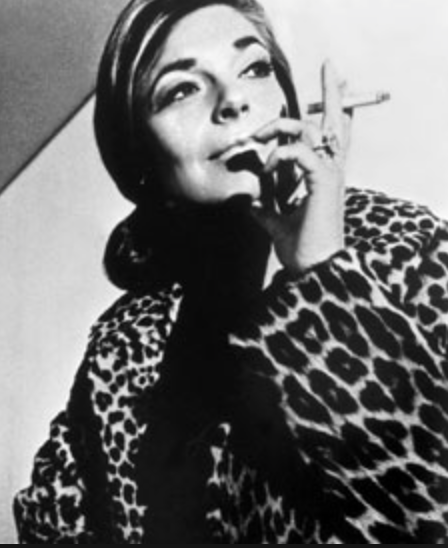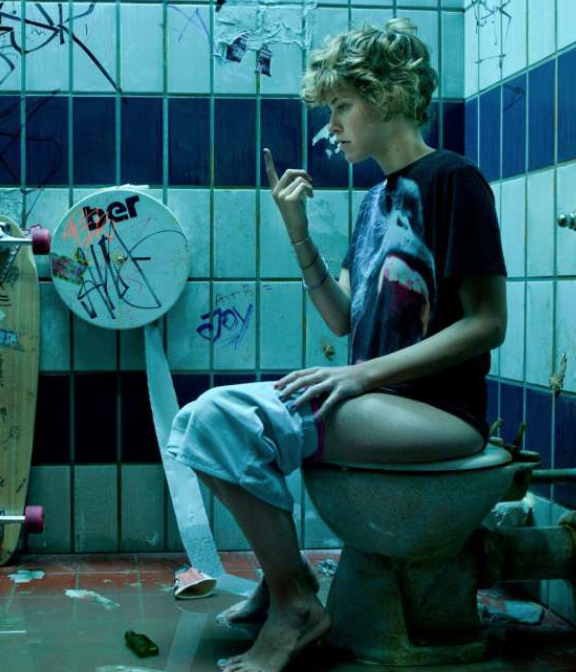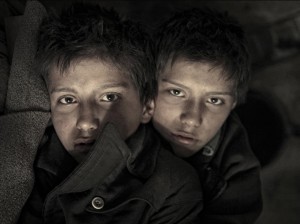 There are few pleasures greater than revisiting a favorite film. Each time we luxuriate in its familiar glamour, we observe something new – a camera angle, a fleeting hand gesture, an aside that’s even cleverer than we remembered. Only a good book about a favorite film can actually enhance that pleasure, by pointing us to elements we’d never notice ourselves.
There are few pleasures greater than revisiting a favorite film. Each time we luxuriate in its familiar glamour, we observe something new – a camera angle, a fleeting hand gesture, an aside that’s even cleverer than we remembered. Only a good book about a favorite film can actually enhance that pleasure, by pointing us to elements we’d never notice ourselves.
Pictures at a Revolution, Mark Harris’ 2008 look at the Academy Award nominees for best picture of 1968 (“Bonnie and Clyde,” “The Graduate,” “Guess Who’s Coming to Dinner,” “Doctor Dolittle,” and “In the Heat of the Night”), is precisely that sort of book. Panoramic, insightful, chatty, and well-researched, it makes a reader feel as if she or he were in the studio board rooms, casting calls, sets, and, above all, original screening rooms of these films long before they became classics. Of the five, I’m most thoroughly and happily acquainted with “The Graduate” – mostly for the mid-sixties fashions (those fake lashes, those leopard prints!), the eminently quotable dialogue (plastics!), the staccato stammering of Dustin Hoffman, the been-there-done-that drawl of Anne Bancroft, and, oh yes, that Simon and Garfunkel soundtrack. Harris’s analysis of the film and its production – he interviewed “everyone who was anyone” who was still alive – reveals a treasure trove beneath those appealingly reflective surfaces. Continue Reading →


